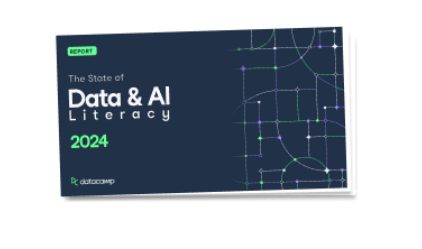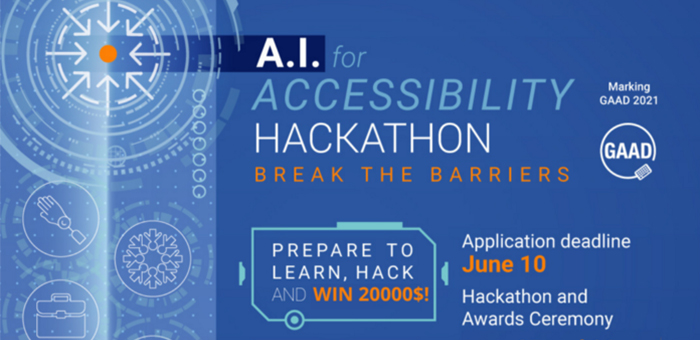
Beirut AI Community Recap: May 2021
June 8, 2021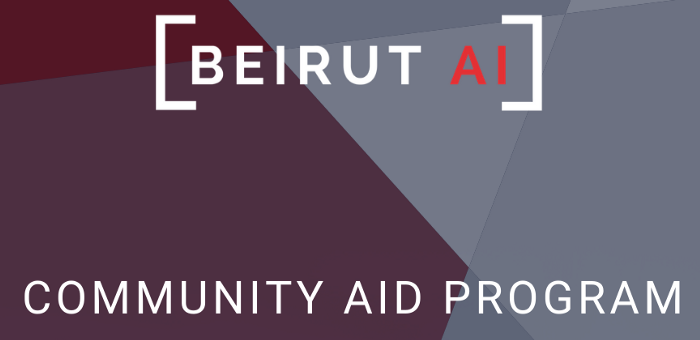
Beirut AI Community Recap: July 2021
August 7, 2021Beirut AI Community Recap: June 2021
This month was filled with engaging community meetups and valuable experiences from the AI for accessibility hackathon!
Tuesdays With Beirut AI
There’s always something going on over with the members of the community. Tuesday’s with Beirut AI kicked off for the first time this June as the members got the chance to share insights and get more involved while building strong relationships with each other.
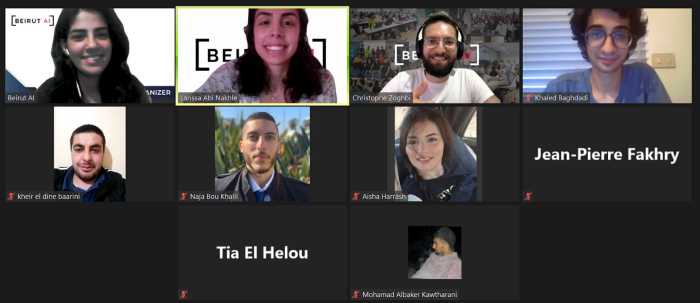
The discussion commenced with exploring some insights about Artificial Intelligence (AI) jobs, and the availability of such jobs in Lebanon. With that, the conversation shifted towards talking about AI in Lebanon and how most of the work goes into data analysis rather than machine learning. Fortunately, Jean-Pierre, one of our members, seized the opportunity and applied for an open vacancy!
Moving further, picking the right path in AI was discussed as it is a very common issue with many members that are nearing their graduation. Helpful tips were provided as we talked about the importance of working and building projects in different aspects while discovering the track to be pursued along the way.
Our first Tuesdays with Beirut AI emphasized the importance of constant learning especially in AI while enjoying the company of the community members on the path. We also got a look at some of the member’s AI projects!
Here’s a sneak peek pic from our members as they share useful insights as well as some funny memes throughout the month:
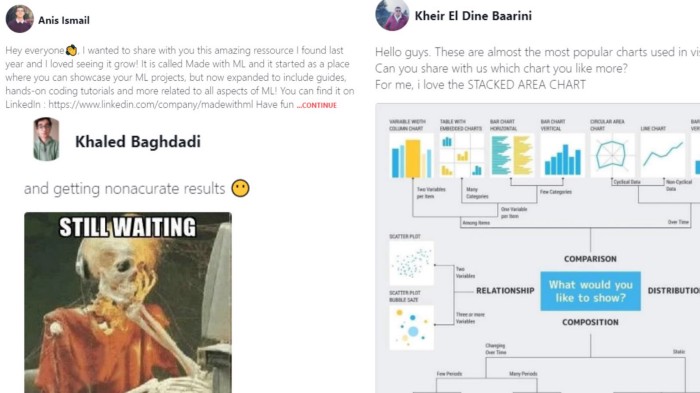
AI For Accessibility Hackathon
The hackathon finally arrived, giving teams from different countries including Lebanon, Qatar, UAE, USA, Egypt, Kuwait, India, and Algeria a chance to take part in building a socially inclusive community while working on two different tracks: Assistive Technology and Physical Aids.
Things only got more exciting from the point when Talal and Madiha Zein AUB-Innovation Park, in collaboration with Maroun Semaan Faculty of Engineering and Architecture as well as Beirut Digital District, while empowered by Zaka AI and Beirut AI, launched the AI for Accessibility Hackathon. Throughout the hackathon, there was an emphasis on the importance of enhancing digital accessibility that was brought to life through hearing stories of inspiring communities, startups, as well as individuals who are contributing to the inclusion of people with disabilities, and most importantly, to give diverse teams the chance to build a socially inclusive community.
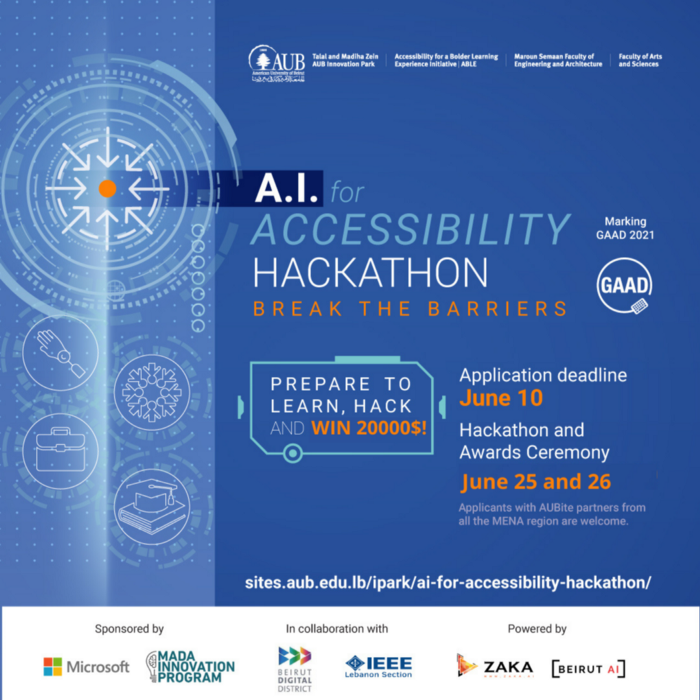
Everyone benefited from Mentorship Sessions and Capacity Building Workshops. Experts from different domains came together as they brought their knowledge and expertise to the competing teams. The workshops provided valuable insights as they dived into Real World Accessibility Problems, Algorithmic Bias, Lean Canvas, Human-Centered Design, Assistive Technology, Pitching Ideas, and most importantly Artificial Intelligence.
With so many incredible ideas embodied in astonishing projects, we bring you those that made it to the final round and got judges on the edge of their seats:
Wheely Wheel Team
The team: Karen Kordab, Youssef Jaafar, Cyrine Soufi, Layal Tannous
Traveling the world in a more accessible and stress-free way was the vision that the team had. It was embodied in a revolutionary map. This map gives people with special needs the opportunity to navigate while being aware of places that are accessible to them depending on the type of their disability.
The Wheely Wheel team worked on a map that will include you wherever you go as it aims to provide a personalized experience for every person based on their needs and accessibility metrics. Its role involves featuring accessible places as well as motivating inaccessible ones to start an accessibility movement!
The Glens
The team: Nijad AlDubayssi, Amine Berjaoui Tamhaz, Rafic Al Ayass, Frederic Aboud
A prosthetic arm that utilizes the power of AI to bring autonomous action capabilities is the next step in creating a more accessible world! It includes a camera that uses Computer Vision object detection algorithms to associate objects that can be grasped.
Execution of a full grasping process with minimal user input is now possible as the user provides a stop/continue myoelectric signal from the residual muscles of the forearm.
Reach Up
The team: Hisham Ramadan, Mira Khaled
Have you ever wondered how an AI platform can change the way you approach learning? The team worked on developing an inclusive platform that allows for the delivery of online classes from the safety of students’ homes while providing engaging as well as varied curriculums.
This is all empowered by monitoring progress through the AI platform that is configured for adapted learning.
أشرلي
The team: Abdelrahman Abozied, Zainab AlMeraj, Rana Chams Bacha, Omar Bekdache
Ever thought of how you can translate Arabic sign language to text? Or have you thought of how that could support those with hearing impairments? This is a chance for many people with such challenges to start living more independently with an easier way to integrate within the community.
The tool starts with an existing dataset that would be used to extract signs in frames while using them in training and testing a neural network model. Findings are evaluated with competent sign language translators that provide valuable feedback for enhancing the model.

